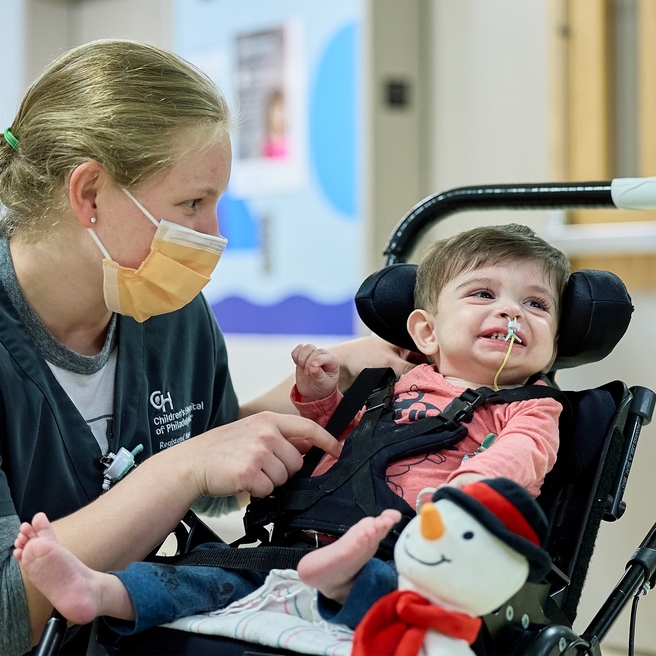What is renal failure?
Renal failure refers to temporary or permanent damage to the kidneys that results in loss of normal kidney function. There are two different types of renal failure: acute and chronic. Acute renal failure has an abrupt onset and is potentially reversible. Chronic renal failure progresses slowly over at least three months and can lead to permanent renal failure. The causes, symptoms, treatments, and outcomes of acute and chronic are different.
Cause
Conditions that may lead to acute or chronic renal failure may include, but are not limited to, the following:
Causes of acute renal failure
- Decreased blood flow to the kidneys for a period of time. This may occur from blood loss, surgery, or shock.
- An obstruction or blockage along the urinary tract.
- Hemolytic uremic syndrome. Usually caused by an E. coli infection, kidney failure develops as a result of obstruction to the small functional structures and vessels inside the kidney.
- Ingestion of certain medications that may cause toxicity to the kidneys.
- Glomerulonephritis. A type of kidney disease that involves glomeruli. During glomerulonephritis, the glomeruli become inflamed and impair the kidney's ability to filter urine.
- Any condition that may impair the flow of oxygen and blood to the kidneys, such as cardiac arrest.
Causes of chronic renal failure
- A prolonged urinary tract obstruction or blockage.
- Alport syndrome. An inherited disorder that causes deafness, progressive kidney damage, and eye defects.
- Nephrotic syndrome. A condition that has several different causes. Nephrotic syndrome is characterized by protein in the urine, low protein in the blood, high cholesterol levels, and tissue swelling.
- Polycystic kidney disease. A genetic disorder characterized by the growth of numerous cysts filled with fluid in the kidneys.
- Cystinosis. An inherited disorder in which the amino acid cystine (a common protein-building compound) accumulates within specific cellular bodies of the kidney, known as lysosomes.
Symptoms
The symptoms for acute and chronic renal failure may be different. The following are the most common symptoms of acute and chronic renal failure. However, each child may experience symptoms differently.
Acute symptoms may include:
(Symptoms of acute renal failure depend largely on the underlying cause.)
- Hemorrhage
- Fever
- Rash
- Bloody diarrhea
- Severe vomiting
- Abdominal pain
- No urine output or high urine output
- History of recent infection
- Pale skin
- History of taking certain medications
- History of trauma
- Swelling of the tissues
- Inflammation of the eye
- Detectable abdominal mass
- Exposure to heavy metals or toxic solvents
Chronic symptoms may include:
- Poor appetite
- Vomiting
- Bone pain
- Headache
- Stunted growth
- Malaise
- High urine output or no urine output
- Recurrent urinary tract infections
- Urinary incontinence
- Pale skin
- Bad breath
- Hearing deficit
- Detectable abdominal mass
- Tissue swelling
- Irritability
- Poor muscle tone
- Change in mental alertness
The symptoms of acute and chronic renal failure may resemble other conditions or medical problems. Always consult your child's doctor for a diagnosis.
Diagnosis
In addition to a physical examination and complete medical history, your child's doctor may order the following diagnostic tests:
- Blood tests. Blood tests will determine blood cell counts, electrolyte levels, and kidney function.
- Urine tests.
- Chest X-ray. A diagnostic test that uses invisible electromagnetic energy beams to produce images of internal tissues, bones, and organs onto film.
- Bone scan. A nuclear imaging method to evaluate any degenerative and/or arthritic changes in the joints; to detect bone diseases and tumors; to determine the cause of bone pain or inflammation.
- Renal ultrasound (also called sonography). A noninvasive test in which a transducer is passed over the kidney producing sound waves which bounce off the kidney, transmitting a picture of the organ on a video screen. The test is used to determine the size and shape of the kidney, and to detect a mass, kidney stone, cyst, or other obstruction or abnormalities.
- Electrocardiogram (ECG or EKG). This test records the electrical activity of the heart, shows abnormal rhythms (arrhythmias or dysrhythmias), and detects heart muscle damage.
- Renal biopsy. This procedure involves the removal of tissue samples (with a needle or during surgery) from the body for examination under a microscope.
Treatment
Specific treatment for renal failure will be determined by your child's doctor based on:
- Your child's age, overall health, and medical history
- The extent of the disease
- The type of disease (acute or chronic)
- Your child's tolerance for specific medications, procedures, or therapies
- Expectations for the course of the disease
- Your opinion or preference
Treatment of acute renal failure depends on the underlying cause. Treatment may include:
- Hospitalization
- Administration of intravenous (IV) fluids in large volumes (to replace depleted blood volume)
- Diuretic therapy or medications (to increase urine output)
- Close monitoring of important electrolytes such as potassium, sodium, and calcium
- Medications (to control blood pressure)
- Specific diet requirements
In some cases, children may develop severe electrolyte disturbances and toxic levels of certain waste products normally eliminated by the kidneys. Children may also develop fluid overload. Dialysis may be indicated in these cases.
Treatment of chronic renal failure depends on the degree of kidney function that remains. Treatment may include:
- Medications (to help with growth, prevent bone density loss, and/or to treat anemia)
- Diuretic therapy or medications (to increase urine output)
- Specific diet restrictions
- Dialysis
- Kidney transplantation
Most children with renal failure are followed by a pediatrician and a nephrologist (a doctor who specializes in disorders or diseases of the kidneys).
Resources to help
Pediatric Kidney Transplant and Dialysis Program Resources
We have gathered resources to give you information and help you find answers to your questions. We hope this makes your family's life a little easier.
